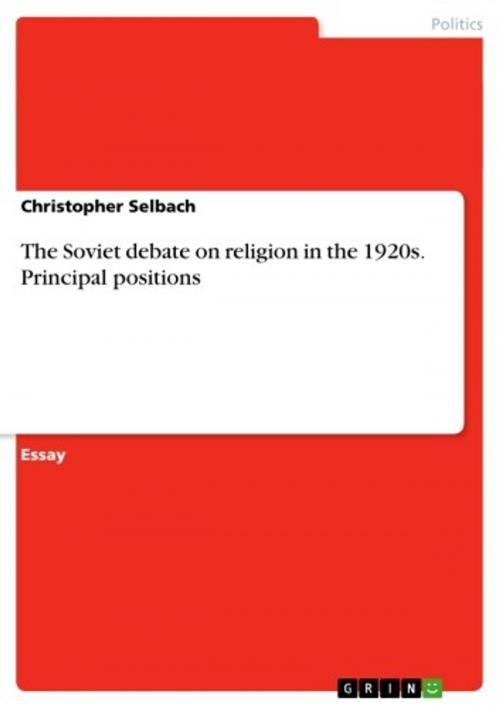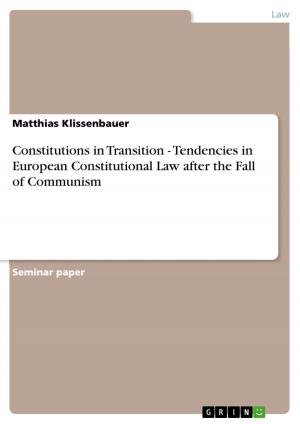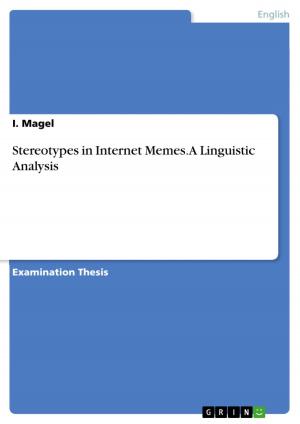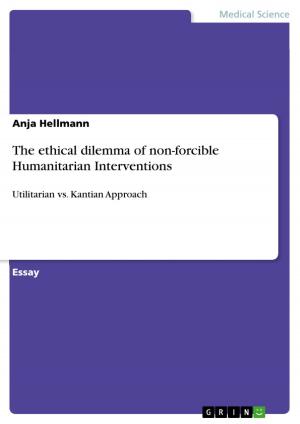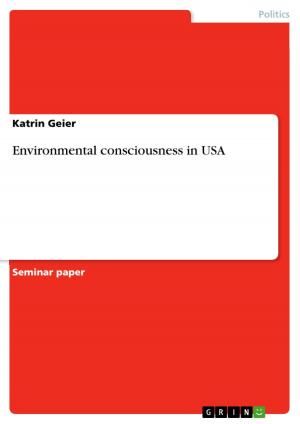The Soviet debate on religion in the 1920s. Principal positions
Nonfiction, Social & Cultural Studies, Political Science| Author: | Christopher Selbach | ISBN: | 9783638213219 |
| Publisher: | GRIN Publishing | Publication: | September 8, 2003 |
| Imprint: | GRIN Publishing | Language: | English |
| Author: | Christopher Selbach |
| ISBN: | 9783638213219 |
| Publisher: | GRIN Publishing |
| Publication: | September 8, 2003 |
| Imprint: | GRIN Publishing |
| Language: | English |
Essay from the year 2001 in the subject Politics - International Politics - Region: Russia, grade: 1.0 (A), University of Leeds (POLIS), 5 entries in the bibliography, language: English, abstract: The Soviet debate of the 1920s surrounding religion was mainly based on the Marxist dogma with its materialist notion of religion, but it nevertheless involved a great diversity of ideas. The discussion shows a tendency to increasingly acknowledge the complexity of religion, thereby stressing the need for harsher measures. Under Stalin's totalitarianism, however, the controversial philosophical dicussion was bound to come to an end: it was replaced by another straightforward attempt to eliminate religion physically. The essay takes a close look at the evolution of a debate that shaped the religious policies of the Soviet Union.
Essay from the year 2001 in the subject Politics - International Politics - Region: Russia, grade: 1.0 (A), University of Leeds (POLIS), 5 entries in the bibliography, language: English, abstract: The Soviet debate of the 1920s surrounding religion was mainly based on the Marxist dogma with its materialist notion of religion, but it nevertheless involved a great diversity of ideas. The discussion shows a tendency to increasingly acknowledge the complexity of religion, thereby stressing the need for harsher measures. Under Stalin's totalitarianism, however, the controversial philosophical dicussion was bound to come to an end: it was replaced by another straightforward attempt to eliminate religion physically. The essay takes a close look at the evolution of a debate that shaped the religious policies of the Soviet Union.
